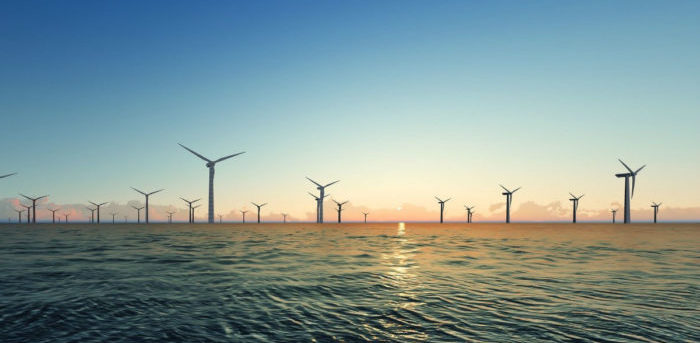According to a report by the International Renewable Energy Agency (IRENA), as the offshore wind power generation is spreading amongst the world, international standards can help surpass market barriers and drive further deployment.
The report says that initial experience in the sector has come mostly from mature energy markets, such as Denmark, Germany and the United Kingdom. For this reason it examines those three established markets, along with a key emerging market, China.
[smlsubform prepend=”GET THE SAFETY4SEA IN YOUR INBOX!” showname=false emailtxt=”” emailholder=”Enter your email address” showsubmit=true submittxt=”Submit” jsthanks=false thankyou=”Thank you for subscribing to our mailing list”]
The numerous benefits that come with international standards include:
- Increased consumer and investor confidence;
- Improved safety;
- Greater reliability;
- Reduced transaction costs for offshore technology;
Francisco Boshell, Analyst at IRENA and one of the authors of the report, stated:
The establishment of such international standards brings the work of a number of experienced offshore leaders together, merging their efforts to forge an instrument for cost reduction and investment stimulation. Ultimately, we want countries to have a blueprint, drawing on the experience from leading actors, to explore their full offshore potential.
Moreover, the report says that today the international standards are a reflection of European weather and sea conditions. Thus an evolution in standards is necessary to ensure that they are applicable in the deep water, ice and hurricane conditions likely to be found offshore wind’s new regions such as USA, India, China, Japan and Korea.
Namely, among the main points of the report, are the following:
- Widely recognised standards can strengthen trade, enhance co-operation through international organisations, and increase consumer confidence.
- Successful implementation depends on quality infrastructure, including metrology, testing, certification and accreditation schemes.
- Comprehensive standardisation involves cross-cutting work related to local policy, marine conditions, offshore wind technologies, and offshore oil and gas experience.
- Existing standards largely reflect the requirements of the European offshore wind industry. Health and safety standards for the industry need to be harmonised.
See further details in the PDF herebelow































































